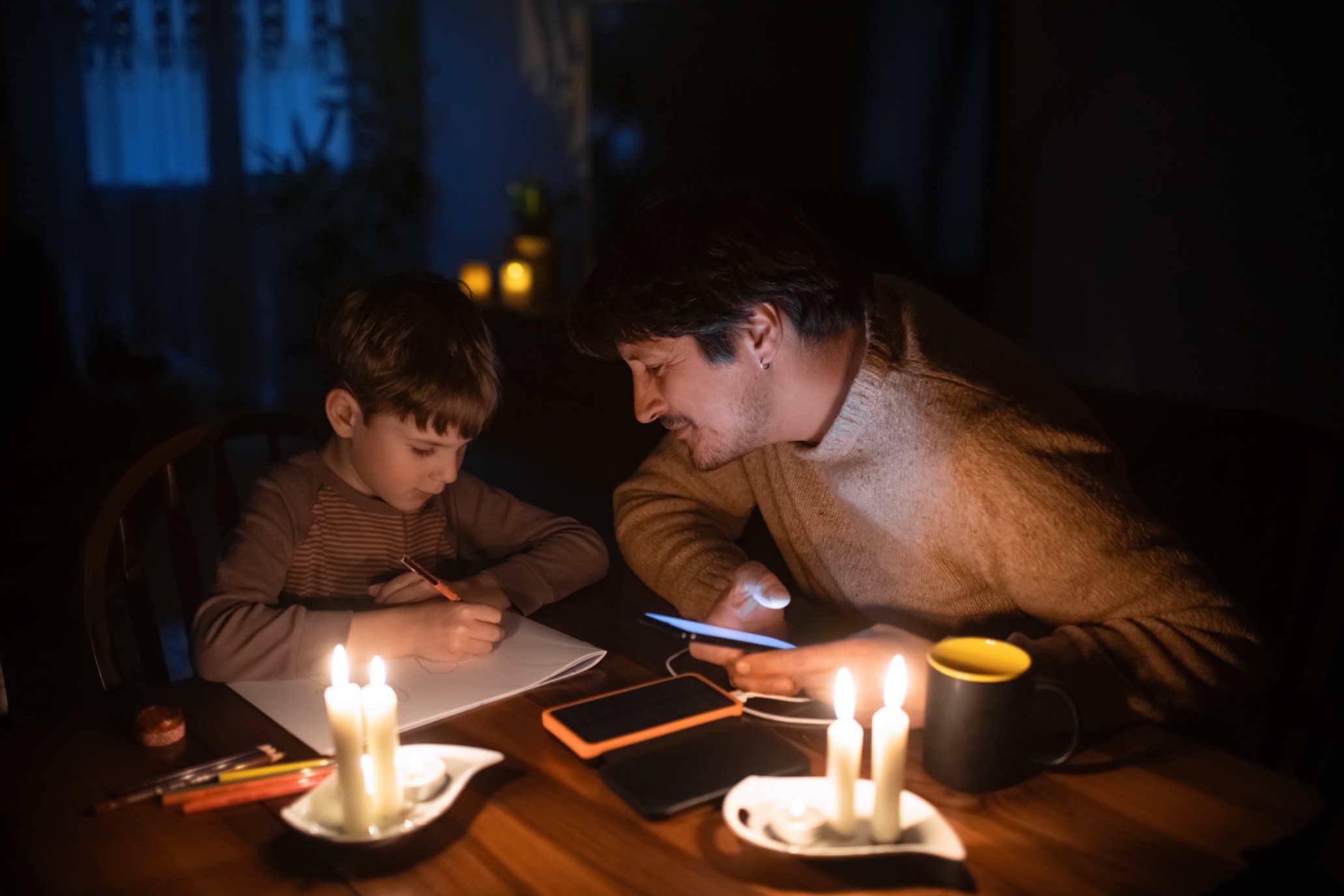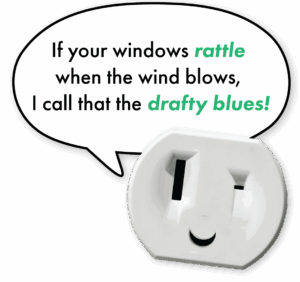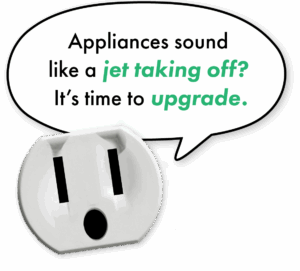6 Ways to Save Energy During National Preparedness Month And Beyond
09/30/2025
September is National Preparedness Month, a time set aside each year to remind folks that being ready for the unexpected starts at home. This year’s theme, “Preparedness Starts at Home,” emphasizes that preparedness isn’t just about having flashlights, canned food, or bottled water on hand. It’s also about creating a home that’s energy-smart, comfortable, and resilient, so that when storms, power outages, or other emergencies strike in Virginia, your household is ready to handle them with minimal hiccups and headaches.
As you may know, the best time to prepare isn’t during the storm, it’s long before. Fortunately, many of the steps that keep your home safe and sound also help you save energy year-round, reduce your power bills, and lower strain on your home’s appliances. FEMA recommends taking a proactive approach to emergency preparedness, and small energy-saving upgrades can play a major role.
Here are six simple energy hacks for budget-conscious Virginians this National Preparedness Month—starting with the simplest.
1. Plug Into Surge Protectors
Sudden outages and lightning storms can fry electronics in seconds. Surge protectors act as a safety net, protecting your devices while also preventing unnecessary standby energy use. Think of them as a first line of defense for both your gadgets and your power bills. Even investing in a small, inexpensive surge protector can keep your devices (and your wallet) secure when the power spikes.
2. Cover Those Windows
Curtains, shades, and blinds aren’t just for privacy. They’re a surprisingly effective energy-saving hack. During the winter, thick curtains trap heat, while during the summer, they block harsh sunlight. By controlling heat flow, your home stays cozier during outages and your HVAC won’t have to work overtime.
 3. Seal Drafts Like a Pro
3. Seal Drafts Like a Pro
Drafty windows and doors can let heat escape during the winter and cool air leak in during the summer, making your home harder to regulate and leaving your household vulnerable during a power outage. Adding weather-stripping or caulk to seal drafts is a simple and cost-effective fix that keeps your home’s comfort stable, even if the grid goes down shortly after those big trees do. In fact, homeowners can save up to 15% on heating and cooling costs (or an average of 11% on total energy costs) simply by sealing drafts.
4. Upgrade Insulation
Think of insulation as your home’s armor. Adding or improving attic, wall, or basement insulation helps keep temperatures steady and reduces strain on your HVAC when extreme weather hits. A well-insulated home stays warmer in the winter and cooler in the summer, which means lower power bills—and it even helps block out unwanted noise from that one neighbor. After all, who couldn’t use a little more peace and quiet?
5. Service Your HVAC
An efficient HVAC system isn’t just about comfort; it’s about reliability. Regular maintenance ensures your heating and cooling system is ready to perform during the wild mix of Virginia weather. Cleaning filters, ensuring vents aren’t blocked, and keeping dust at bay all help your home remain livable while saving energy all year long. Whether you enjoy tackling simple DIY HVAC maintenance or prefer to call in a pro, keeping up with your system is a small investment that pays off big in efficiency.
6. Invest in Energy-Efficient Appliances
Upgrading to ENERGY STAR® appliances isn’t just trendy, it’s practical. Modern appliances use less energy, run more efficiently, and typically last longer, reducing the risk of failure during emergencies. From refrigerators to washing machines, choosing energy-efficient models helps your home stay resilient while lowering those monthly power bills. Even swapping out just one old appliance can make a measurable difference in your household energy use. See if you qualify for a rebate by entering your zip code.
One thing is certain: preparedness pays off in the long run. By implementing these home energy-saving upgrades, you’ll not only protect your household during emergencies but also likely save money on monthly power bills, make your home more energy-efficient, and create a more comfortable and resilient living space. And what’s not to love about that? For more energy-saving tips, along with state and federal programs that help Virginians save, visit ValueYourPower.org.
